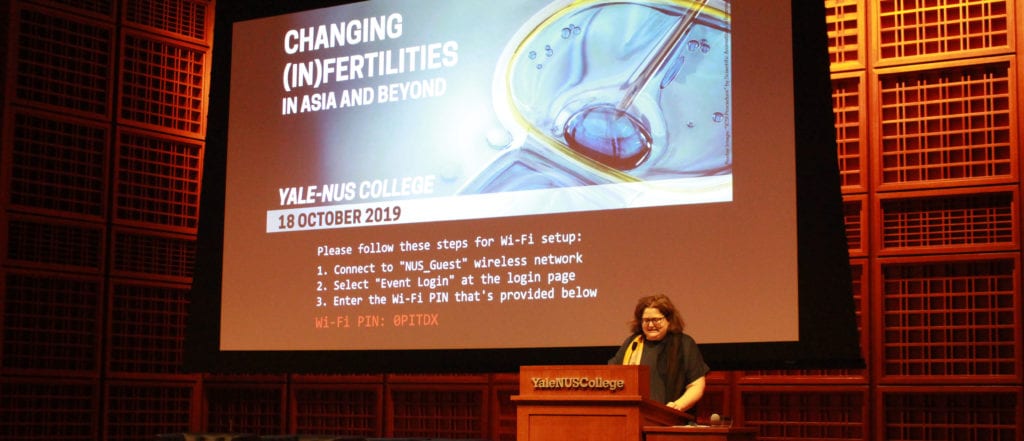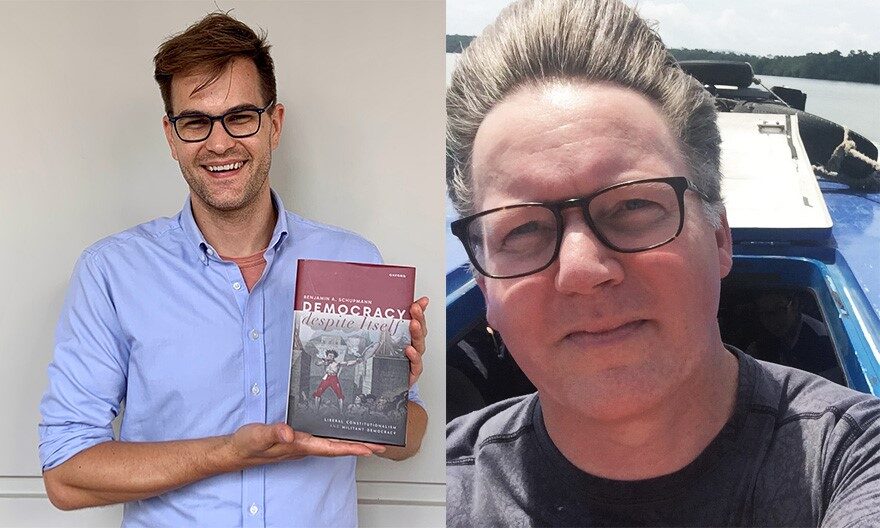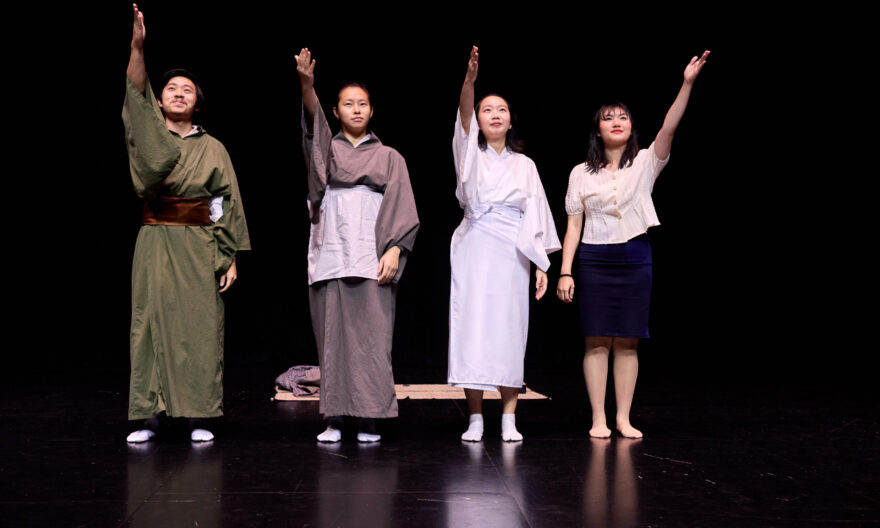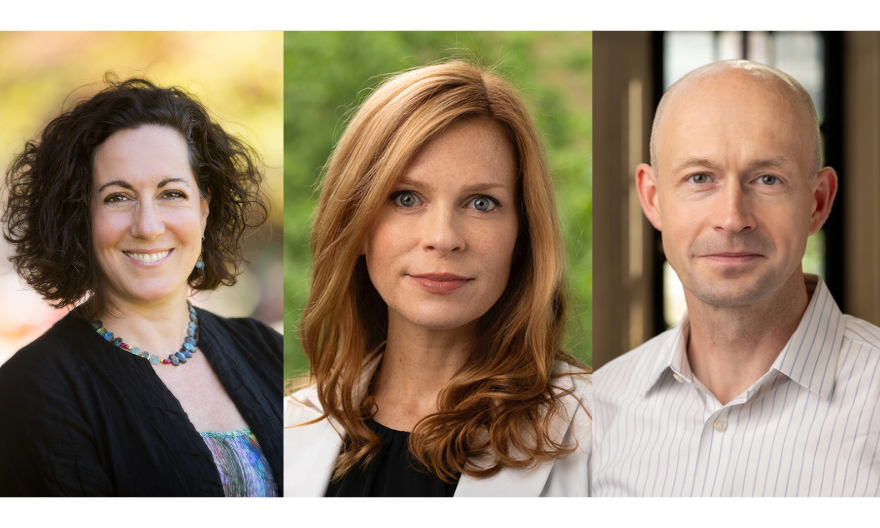Yale-NUS collaborates with Yale and Cambridge to host Changing (In)Fertilities Conference
 Professor Joanne Roberts, Executive Vice President for Academic Affairs, Yale-NUS College delivering her welcome address. Image by Yale-NUS College.
Professor Joanne Roberts, Executive Vice President for Academic Affairs, Yale-NUS College delivering her welcome address. Image by Yale-NUS College.
On 18 October 2019, eminent scholars from across the world gathered at Yale-NUS College to share their research relating to fertility and infertility from an interdisciplinary perspective.
Titled ‘Changing (In)Fertilities: In Asia and Beyond’, the conference was co-organised by Yale-NUS College together with Yale University and the University of Cambridge.
Funded by the Wellcome Trust and based in Cambridge, UK, the Changing (In)Fertilities Project is a three-year interdisciplinary research project, lasting until 2021. The project brings together 38 researchers from 17 countries to analyse how definitions and perceptions of fertility are changing. Some of these researchers, who hail from close to 20 universities, shared their insights with the Yale-NUS community and members of the public at the day-long conference.
In her welcome address, Professor Cecilia Van Hollen, Head of Studies for Anthropology at Yale-NUS College, talked about the conference’s aim to shed light on how people make sense of and experience fertility, infertility and infertility treatment, and also help the audience better understand how people today are imagining the production and reproduction of their futures.
Prof Van Hollen highlighted the uniqueness of Asia as a region to research fertility change – while some Asian countries are experiencing rising population growth, there are others facing population decline. Similarly, while some people reside in biotechnology hubs, some still struggle to gain access to basic health care in other areas. These juxtaposing trends, against the backdrop of socio-economic and historical transformations, make Asia full of potential for fertility research.
University Chair of Sociology at Cambridge and Principal Investigator at the Changing (In)Fertilities Project, Professor Sarah Franklin, delivered the opening keynote address. She explained that the project endeavoured to study not only the changes in fertility in a post-assisted reproductive technologies (ART) world but also the drivers behind these changes. Challenging conventional models and research on demographics and fertility, the Project employs a ‘situated fertility transition’ model — studying localised sites and taking an intersectional approach.
Attendees gleaned insights from the researchers’ across five panels over the course of the day, each examining a different facet of fertility and infertility change – from reproductive anxieties in Asia to the future of reproduction. Attendees also had the opportunity to engage with researchers at question-and-answer sessions at the end of each panel.
At the ‘Political Economies of (In)Fertilities: Reproducing the Nation-State’ panel, scholars linked the politics of fertility to the nation-state. Professor Sebastian Mohr from Karlstad University, Sweden, shared his research on the political economies of accessing In Vitro Fertilisation (IVF) in Denmark.
Professor Mohr talked about how Denmark has made it a legal requirement in 2006 to assess the ability of people who wish to use IVF to be capable parents. His research examined state administration decisions on whether or not an individual should be granted access to IVF. He studied the justifications given in these decisions to deny IVF access and how these denials interplay with norms of good parenthood and citizenship. His research concluded that the “legitimisation of IVF as a collectively paid for public health provision… also forced people to prove themselves worthy of being given the chance to become a parent through the collective effort”.
Another panel, titled ‘Low (In)Fertilities: Reproductive anxieties in Asia’ examined low fertility rates in Thailand, Singapore, China and Iran. Professor Ayo Wahlberg from University of Copenhagen, Denmark, noted that after decades of family planning campaigns and initiatives aimed at preventing birth, many countries in Asia are now facing the exact opposite problem – they need babies. He talked about how ultra-low fertility is currently reshaping social, political and economic norms throughout the region.
Among the attendees was Michael Sagna (Class of 2023) who was enlightened by the insights shared by the speakers. “The conference helped me understand infertility around the world from intersectional and interdisciplinary perspectives. It showed me that society needs to stop viewing infertility and access to assisted-reproductive technologies as a woman’s issue and start viewing it as a societal issue”, he said.





